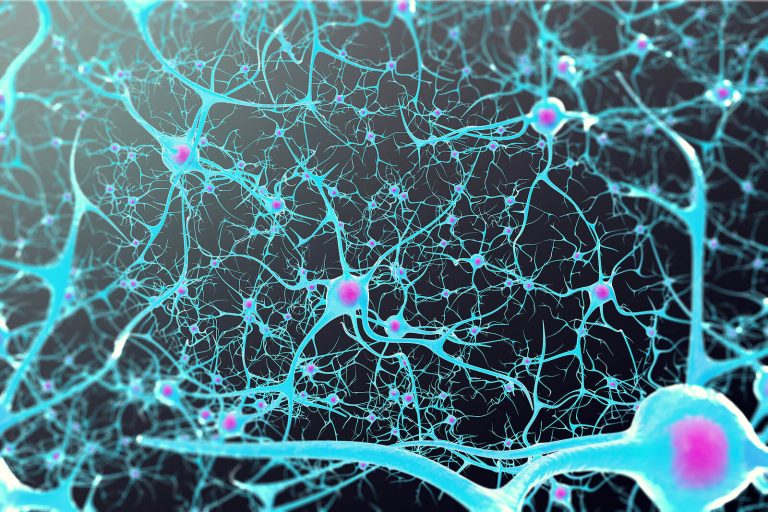Help For Depression: The Role of Omega-3
Depression is debilitating for many people. There are times you have to fight to get out of bed in the morning or get through the day. Depression takes the joy out of the activities you used to love. For those of you who struggle with depression, I want to share about a book I read a few years ago called Depression Free Naturally by Stephen S. Ilardi. I love this book because it takes a holistic approach to treating depression called the Therapeutic Lifestyle Change. According to the book there are 6 things you can do to naturally alleviate depression:
- Adjust your ratio of omega-3 to omega-6 fats
- Change what you are thinking about
- Exercise
- Spend time outside
- Get socially connected
- Get good sleep
Over the last 15 years I have spent much time counseling those who struggle with depression. I read research on what works to help with depressive symptoms, and these 6 activities tend to be effective. To be honest, the 6 strategies in the Therapeutic Lifestyle Change describe strategies of healthy living for all of us. Each strategy is important to create a healthy life. Unfortunately, when depressed the energy to make any changes in life feels insurmountable. I recommend trying to implement one new habit at a time. If you take on too much it is easy to overwhelmed. Overwhelm sets you up for failure and feeling even worse than when you started.
The first component of the Therapeutic Lifestyle Change is adjusting your ratio of omega-3 to omega-6 fats. Omega-3 fats are found in leaves of plants, grasses, and algae. The meat of animals who eat plant seeds, nuts, grasses, and algae have high Omega-6. Examples are foods such as wheat, corn, rice, barley, etc.
Omega-6 in the meat we consume increase when livestock eat seeds instead of leaves. In addition, Omega-6 is in oil you use made from seeds (corn oil, canola oil, soybean oil, sunflower oil, etc.). These oils are in most of the fried and processed food you eat. Due to the change in our diet most people currently have a 16 to 1 omega-6 to omega-3 ratio, whereas we feel healthier with a ratio closer to 1 to 1. Serotonin and dopamine are impacted in the brain when omega-3 intake is too low and omega-6 intake is too high. In addition, too much omega-6 promotes inflammation throughout our body. Inflammation contributes to depression along with many different health problems.
What can we do about this????? Research indicates EPA (eicosopentaenoic acid) is the most important omega-3 molecule for combating depression. EPA can be taken in pill form and is therapeutic when 1000 to 2000 mg are taken per day. The ratio of EPA to DHA is most therapeutic when it is a 2 to 1 ratio. When you go to the store you can look at the label on Omega-3 capsules to see the amount and ratio of EPA to DHA. In addition, the label should say the oil is molecularity distilled. Work on balancing Omega-3 and Omega-6 in your diet by removing processed and fried foods from your diet and eating more fresh veggies and grass fed lean meats, chicken, and fish.
Click here to read about help with depression for adults. Click here to read about help with depression for kids and teens. You can sign up for our email list. You can also Like us on Facebook to get information on mental health. If you would like to work with a counselor, give us a call at 720-583-9332. It is important that you get help if you are depressed!
*Information in this post is from The Depression Cure: The 6-Step Program to Beat Depression Without Drugs by Stephen Ilardi, PhD.
Two other great books on how diet effects our brains is Grain Brain and Brain Maker by David Permutter, MD.
Disclosure: I am not a medical doctor and before taking any supplements you are advised to talk with your doctor.
Written By Dr. Steffanie Stecker
Call For a FREE Consultation
We serve the Denver Metro area of Colorado. Click the button below to call and Schedule an Initial Consultation. To Schedule Neurofeedback or Testing please call us at 720-248-8603
Recent Articles
Dispelling Neurofeedback Myths
Neurofeedback has become increasingly popular as a therapeutic tool for clients, but it remains misunderstood by many. Misconceptions about its…
Autism Testing for Adults: Why Diagnosis Still Matters
What is Autism? Autism is a neurological difference that impacts how one scales social interactions, interpersonal relationships, and experiences the…
The Intersectionality of Autism & LGBTQIA Throughout the Lifespan
If you have a child (of any age) who you think may be Autistic, has been diagnosed as Autistic, or…
Autism Diagnosis Support Guide: Interventions, Therapy, and Accommodations for All Ages
Understanding Your Diagnosis An Autism or other mental health diagnosis may be very overwhelming. Understanding a diagnosis can help lessen…





